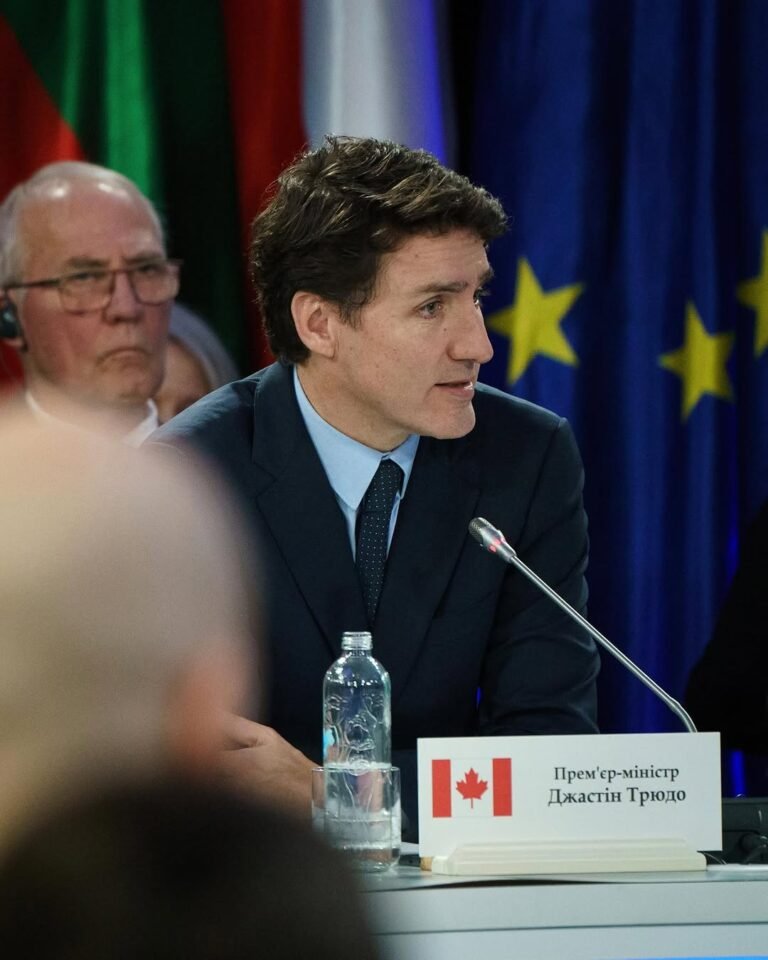
Imagecredit by Instagram @sadiq
Since first becoming mayor in 2016, Sadiq Khan has held one of the most scrutinised and powerful positions in UK local government. His leadership continues to make headlines in 2025, as London finds itself at the heart of political debate, global cultural currents, and renewed challenges over cost of living, housing, security, and climate action. From bold economic plans to public spats with international leaders, Khan remains a figure whose actions and statements frequently top UK search trends.
Key Headlines: International Clashes and UK Political Standing
This summer, Sadiq Khan’s relationship with former US President Donald Trump again drew sharp attention. During a news conference in Scotland, Trump described Khan as a “nasty person” and criticised his record as mayor. Prime Minister Keir Starmer publicly defended Khan, stressing his friendship and respect for the mayor in the same forum. The long-running feud between Khan and Trump spans years, with previous disputes centring on immigration, terrorism, and Khan’s vocal criticism of right-wing populism. Khan, for his part, welcomed the idea of Trump visiting London, remarking that such a trip would let the American see how “our diversity makes us stronger, not weaker; richer, not poorer”.
Economic Growth and Innovation: The London Growth Plan
In 2025, Khan’s prominent initiative is the London Growth Plan, designed to “turbocharge” the capital’s development in the aftermath of Brexit, the pandemic, and shifts in work culture. The plan promises to create 150,000 new jobs and raise living standards across the city. Key measures include developing new industrial corridors, investing in life sciences, tech, and green innovation, as well as introducing rent-controlled housing for key workers. Khan’s vision targets raising London’s productivity growth rate to 2% a year by 2035, compared to just 0.12% now. This uplift, he argues, will contribute £27billion in tax revenue and narrow financial inequality in the capital.
While supported by many business groups for its optimism, critics from City Hall’s Conservative group argue the plan may be undermined by increased taxes and inherited fiscal challenges. Nevertheless, the Federation of Small Businesses and industry groups have praised Khan’s ambition to push London as a global commercial and technological hub.
Achievements in Housing, Transport, and Policing
Khan’s mayoralty has been marked by a focus on affordable homes. He claims London is now building more council houses than at any time since the 1970s, with 25,000 genuinely affordable homes delivered in the last year alone. He has also launched an aggressive “golden era of council housebuilding”, addressing decades of housing under-supply.
On transport, Khan is credited with freezing fares on Transport for London for five years, introducing innovative services like the Hopper bus fare, the Night Tube, and overseeing the expansion of the Elizabeth Line. He has prioritised making journeys cheaper and greener, investing in electric buses, cycling infrastructure, and extending low-emission zones, which have cut central London’s air pollution by nearly 50% since their introduction.
Under his leadership, City Hall has also directed more funding towards community policing and youth opportunities, after what Khan calls “years of Tory cuts”. Nevertheless, crime and safety remain high on Londoners’ list of concerns.
Inclusive London: Diversity and Community Engagement
Sadiq Khan has been an open champion of London’s diversity, frequently citing his own background as the son of a Pakistani immigrant bus driver. In June 2025, he hosted City Hall’s Pride Reception, reaffirming his commitment to the city’s LGBTQ+ community and vowing to stand up for the most marginalized, including the trans community. Initiatives like these, and unifying events such as London’s international summit to address violence against women and girls, reinforce Khan’s emphasis on social inclusion and equality at City Hall.
Strong Stance on National and Global Issues
The mayor has also used his platform to contribute to national and international debates. In July 2025, against the backdrop of humanitarian suffering in Gaza, Khan called on the UK government to immediately recognise a Palestinian state. He argued that “there can be no two-state solution if there is no viable state left to call Palestine” and demanded increased humanitarian support and stronger diplomatic intervention from both the UK and the wider international community.
Labour Leadership, Criticism, and Looking Forward
Now serving in his third term, Khan remains an influential Labour figure, frequently weighing in on national policy from transport funding to economic inequality and climate change. Some critics, especially among London Conservatives, question his fiscal strategies and argue that policies like the expansion of the Ultra Low Emission Zone (ULEZ) adversely impact some Londoners.
Yet his core support points to his achievements in housing, green policy, and public transport, positioning him as a progressive counterweight in the UK’s capital city. Khan himself claims to have helped bring 330,000 new jobs to London and sees the Growth Plan as a springboard for a more prosperous, fairer city.
Conclusion
Sadiq Khan’s time as mayor has placed him at the intersection of local governance, national conversation, and global controversy. His ability to shape bold policies—from economic recovery and affordable housing to transport reform and green innovation—has defined his legacy, while his confrontations with international figures have kept him vividly in the public eye. For supporters, Khan is an optimist, a builder, and a progressive reformer determined to make London a better place for all its citizens. For his detractors, questions remain about his approach to crime, spending, and the pace of change.
With London’s economic and demographic challenges evolving, Sadiq Khan’s influence—both symbolic and practical—seems set to remain a central feature of British public life for the foreseeable future.
To read more click here






